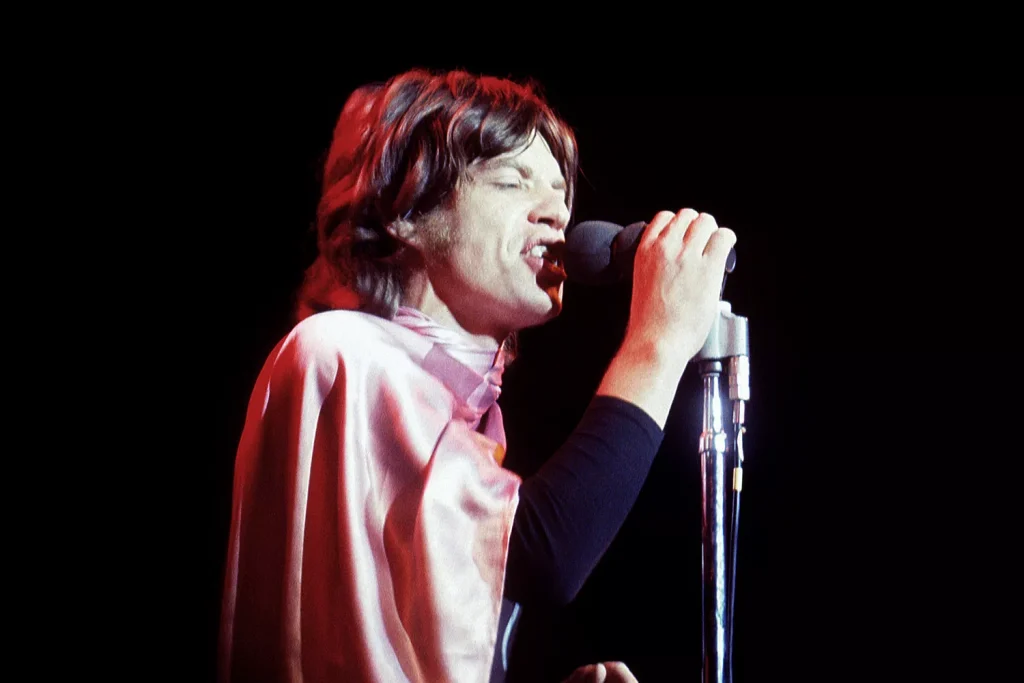Mick Jagger, the iconic frontman of The Rolling Stones, faced fear and uncertainty in the early 1970s after the tragic events of the Altamont free concert in California in late 1969. A newly released tape archive from journalist Robert Greenfield’s interviews with the band and their entourage sheds light on Jagger’s state of mind during those precarious years.
In a recent episode of the iHeart podcast “Stones Touring Party,” hosted by Jordan Runtagh, a never-before-heard interview with Jagger reveals his struggle with the decision to continue touring after the disastrous Altamont concert. The event, held at Altamont Speedway, resulted in violence and the death of an 18-year-old Black fan, Meredith Hunter.
Speaking about the aftermath of Altamont, Jagger expressed that some friends advised him not to continue touring due to safety concerns. However, he believed that he had no choice but to keep performing. “Either I stopped touring or I didn’t. It was as simple as that,” said Jagger, who was 80 at the time of the interview. “There was a few places that it did get scary, and there was a lot of guns confiscated and stuff like that. Don’t say I wasn’t scared—I was scared s—less!”
The Altamont concert took place shortly after the release of The Rolling Stones‘ album “Let It Bleed” in December 1969. To handle security, the band hired members of the Hells Angels motorcycle club, who later clashed with concertgoers and contributed to the chaotic atmosphere.
The tragic turn of events occurred when Meredith Hunter pulled out a pistol near the stage and was attacked by a Hells Angels security member, who fatally stabbed him. The incident was captured on film by the Maysles brothers and included in their documentary “Gimme Shelter.”
The aftermath of Altamont brought a wave of bad press for The Rolling Stones, with many believing that their choice of security team had contributed to the tragedy. The band faced accusations and blame for the events that transpired that day.
The Hells Angels, feeling abandoned by the band after the show, reportedly harbored resentment, leading to rumors of potential harm being directed at Jagger. As a result, the group increased their security measures to protect themselves during performances.
Despite the fear and the negative press, The Rolling Stones carried on and eventually returned to America in 1972 for the “Stones Touring Party” tour.
The Hells Angels member responsible for Meredith Hunter’s death, Alan Passaro, was later acquitted after the jury determined he acted in self-defense, believing that Hunter was armed. The investigation into the incident officially closed in 2005, 20 years after Passaro’s death by drowning.
The Altamont tragedy had a profound impact on The Rolling Stones, but they continued their legendary musical journey, leaving an indelible mark on rock history.
